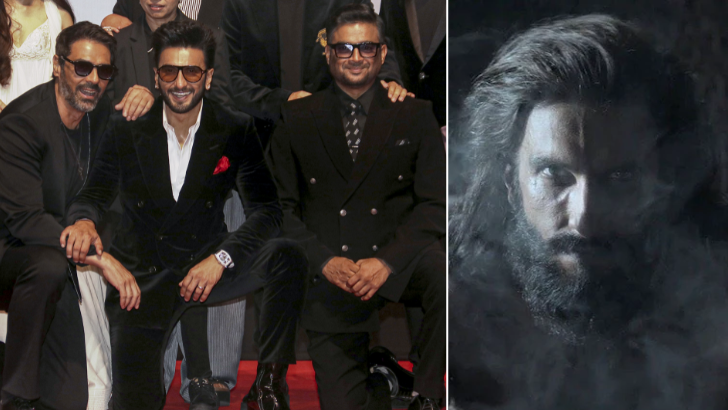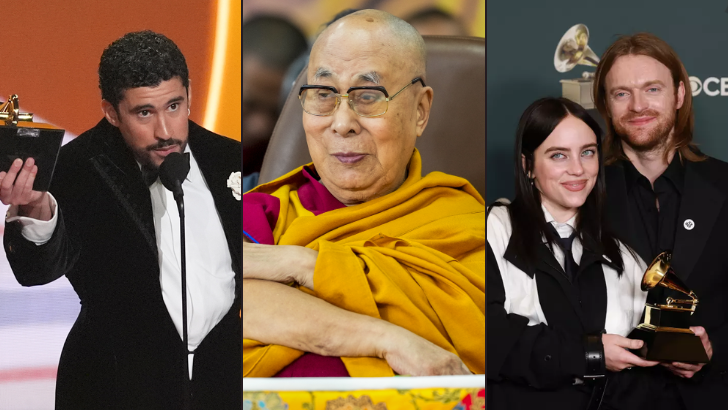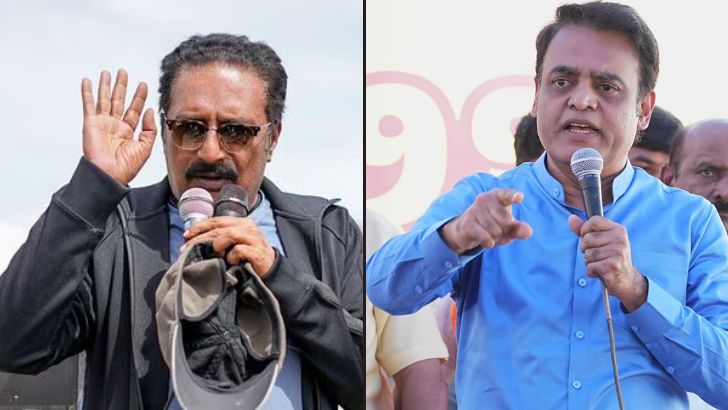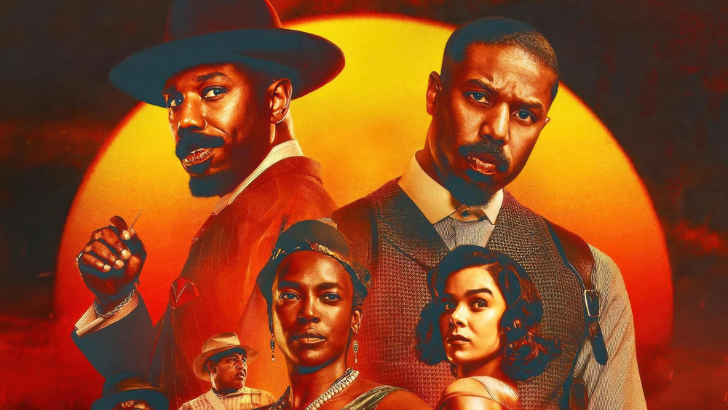'Our story, characters, are 100 pc original': 'Laapataa Ladies' writer denies plagiarism accusations
Many social media users earlier this week shared a short clip from 2019 Arabic short film "Burqa City", noticing similarities between the stories of the two movies.
PTI
.jpg)
New
Delhi, 5 April
Biplab Goswami, who penned the story of Kiran Rao's
critically-acclaimed film "Laapataa Ladies", on Saturday dismissed
the claims that the movie's plot has been plagiarised.
Many social media users earlier this week shared a short clip from
2019 Arabic short film "Burqa City", noticing similarities between
the stories of the two movies.
In "Burqa City", a newlywed man sets out to find his
wife after she is mistaken for another woman in a burqa.
Similarly, "Laapataa Ladies" follows Deepak as he
searches for his new bride, who is accidentally swapped with another
ghoonghat-clad woman on a train.
In a statement, posted on his official Instagram page, Goswami
said the allegations are completely "untrue".
"Our story, characters, and dialogues are 100% original. Any
allegations of plagiarism are completely untrue. These allegations not just
undermine my efforts as a writer, but also the tireless efforts of the entire
filmmaking team," he said.
Goswami also said the screenplay for "Laapataa Ladies",
which released in theatres in March 2024 and was later selected as India's
official entry to 2025 Oscars, was developed extensively over many years.
According to Goswami, the concept of veils and disguises resulting
in mistaken identities is a classical form of storytelling used for centuries
by writers such as William Shakespeare, Alexandre Dumas and Rabindranath
Tagore.
Leave a Reply
Your email address will not be published. Required fields are marked *











.png)
.png)



.png)
.png)
.png)
